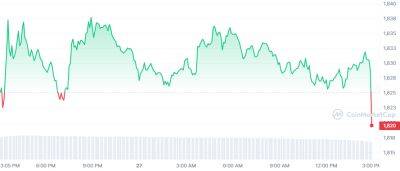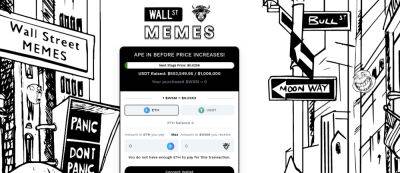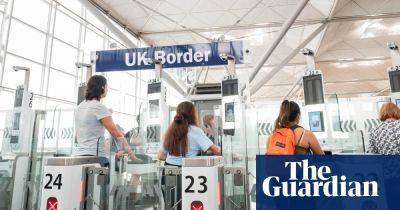Why the UK rail strike truce failed to foster a lasting peace
Of all the low moments in the long-running rail dispute, few have possibly been as dispiriting as the last 24 hours. After Network Rail and the RMT union reached agreement on a two-year deal in March, long-suffering passengers and workers might have assumed the truce was also leading to a wider settlement between train firms and their staff.
The subsequent calm, with no further strikes on the horizon, abruptly ended on Thursday when first the train drivers union Aslef and then the RMT announced fresh action. Aslef’s move to three days of strikes and a week-long overtime ban is the union’s toughest single action yet, underlining the anger felt by drivers at a lowball offer with strings attached.
The RMT accused the Rail Delivery Group (RDG), the train operators’ representatives in talks, of “reneging” on its proposals. The RDG said it was mystified. And in an escalation of rhetoric, the transport secretary, Mark Harper, bracketed unions with Putin for targeting Ukrainians, by striking on the date of the Eurovision final in Liverpool on 13 May.
How much attention unions had given Eurovision is unclear. Either way, the strikes and uncertainty spells more misery for train users and even less revenue coming to the battered railway. Few have any interest in spinning this out – bar perhaps a government that is bearing down on wider pay claims and wanting to show it can face down the unions.
The latest war of words suggests that there remains a fundamental breakdown somewhere along the chain between railway workers and the ministers who ultimately control the budget. The pay offer that came to Aslef on Wednesday of 4% a year failed to match even the lowest end of the sub-inflation deal the union was reluctantly expecting after
Read more on theguardian.com


















